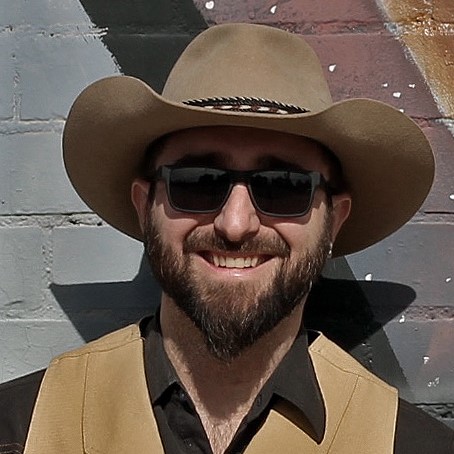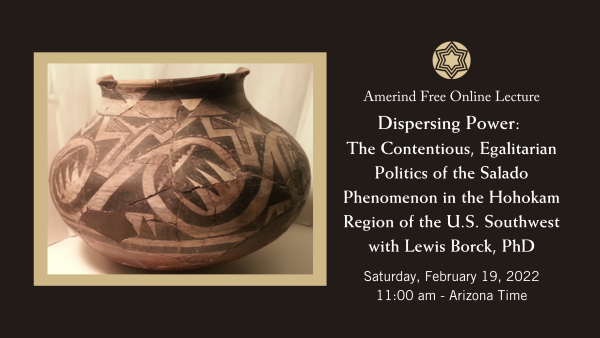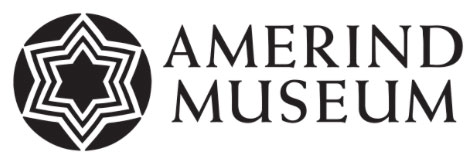
Free Online Lecture – Dispersing Power: The Contentious, Egalitarian Politics of the Salado Phenomenon in the Hohokam Region of the U.S. Southwest with Lewis Borck, PhD

Amerind Free Online Lecture
Dispersing Power: The Contentious, Egalitarian Politics of the Salado Phenomenon in the Hohokam Region of the U.S. Southwest with Lewis Borck, PhD
Saturday, February 19, 2022, 11:00 am – Arizona Time
One of the great tragedies of global archaeology is that the discipline was started by Europeans entrenched in the ideological detritus of attempts to author legitimacy for their expanding empires through their assumed cultural connections with the so-called Classical societies in and around the Mediterranean. Because of this, we continue to explain movements away from centralization and aggregation of power as anomalies, or collapses, or peripheries, or natural reactions to environmental change. In this talk, I’ll start to answer one of archaeology’s big what-ifs: What if “collapses” were the result of widespread, intentional actions to create change? To do so, I describe my research on how local communities reacted to the spread of a new ideology that archaeologists call the Salado Phenomenon and address how tensions stretching across political, social, and religious spheres created a pattern observed in the archaeological record that has previously been interpreted as a religious cult. I’ll discuss how this pattern relates to acts of resistance and why these acts demonstrate that the Salado Phenomenon represents the remains of a spatially and culturally dispersed religious social movement that burst across the southern Southwest, aimed at contesting the centralization of power by regional elites and councils during the Hohokam Classic period (AD 1100/1200-1450) by using fissures in the ideo-political landscape of the Greater Southwest to contextualize this movement. This view of Salado will be placed alongside Akimel and Tohono O’Odham histories as well to argue that “collapses” should always be investigated first from a position that assumes that communities were intentional about reorganizations that dispersed power.
Lewis Borck is an assistant professor at New Mexico Highlands University, a founding member of the Black Trowel Collective as well as their microgrants mutual aid project, and the founding president for the non-profit The History Underground. He has worked at the Missouri University Research Reactor in the archaeometry group, as an Assistant Professor at the Universiteit Leiden, at the research and outreach nonprofit Archaeology Southwest, and at the University of Arizona. He is interested in how social movements and contentious politics shaped religion and politics through time as well as how modern politics and worldviews shape the histories and archaeologies we construct, often recreating the histories and ideals of the “West” in the deep past. He has written for periodicals like the Huffington Post, Yes! Magazine, Sapiens, Culturico, and The Conversation about archaeological topics and their impact on the modern world.
This online program is free, but space is limited. To register visit: https://bit.ly/AmerindOnline021921
Speaker
-
Lewis Borck
